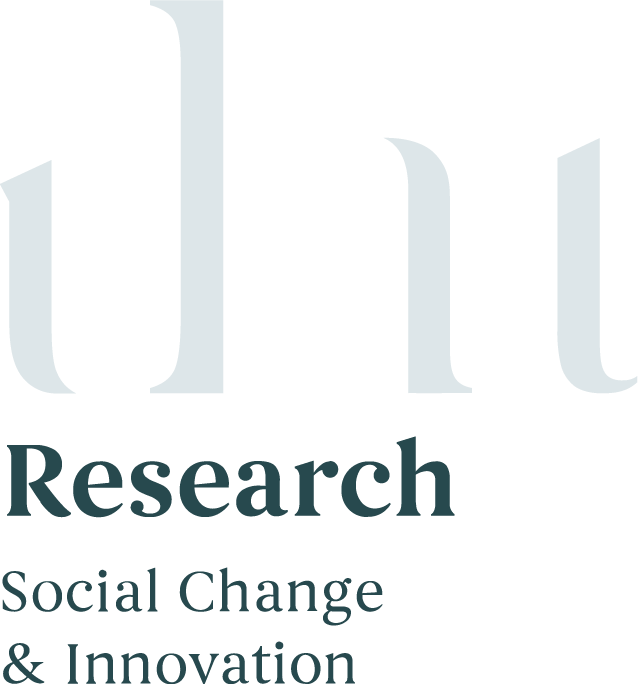Wave 8: Evaluation of Whānau Commissioning
Project Background
Te Whakaoraka Colac Bay
This evaluation focuses on the eighth wave of commissioning involving 29 whānau-led initiatives contracted in November 2018. The data for this evaluation was collected between September and November 2019, 10-months into the contracting period. The purpose of this evaluation is to understand how the commissioned Wave Eight initiatives are contributing to achieving the goals of Whānau Ora and the impact this has for whānau.
What we did
Four evaluators visited the 29 Wave Eight initiatives over a period of six-weeks. In total, 49 whānau were interviewed. Where possible whānau who were architects of the initiatives and whānau who had benefited from the initiatives were interviewed. At least two whānau were interviewed from each initiative, except the smallest initiatives.
A decision was made to focus on the experiences of rangatahi and kaumātua by Te Pūtahitanga o Te Waipounamu. In previous evaluations these groups have been included as whānau, in this evaluation the commissioning agency sought to understand how the initiatives are responding to the needs of these two groups.
The evaluation report is divided into four parts, the first three parts addressing one of the research questions, part four presents an individual brief evaluation of each of the 29 initiatives in Wave 8.
Outcome
Whānau Ora, particularly whānau commissioning, has an important contribution to make to current discussions about well being in Aotearoa. Māori constructs of well being need to be acknowledged and incorporated into the Aotearoa New Zealand Living Standards Framework to truly recognise the contribution Whānau Ora has made, shifting New Zealand society from a welfare state to a well being state. At the present time there are three core features not recognised in the current well being discussion from The Treasury that are vital to Māori well being, these are:
• Whānau are the building block of Māori society and well being
• Culture is inextricably tied to well being
• Agency for change should reside with whānau
“I believe that change starts at the grass roots level and the grass root is the whānau. If you feed the grass root then the plant itself will grow, if you feed into the top and expect the plant to grow, I think history in the past has shown us that sometimes that doesn’t work as we hoped. So whānau (first) definitely.”
Find out how we can help you
We’ll work with you to find out what’s working, where investment could be put to best use or how to improve anything not going to plan. We can help you define success and set tangible, measurable goals. And we talk in real language so you can understand and engage with the findings. We engage with the community to conduct community research and consultations for private companies, trusts, government agencies, NGOs and more. But we have a special interest in research that has a purpose - to better society and teach lessons. We aim to help those we work with build capacity to enact positive change.


